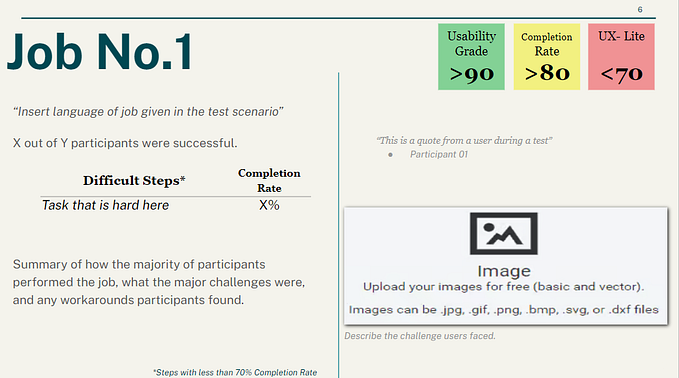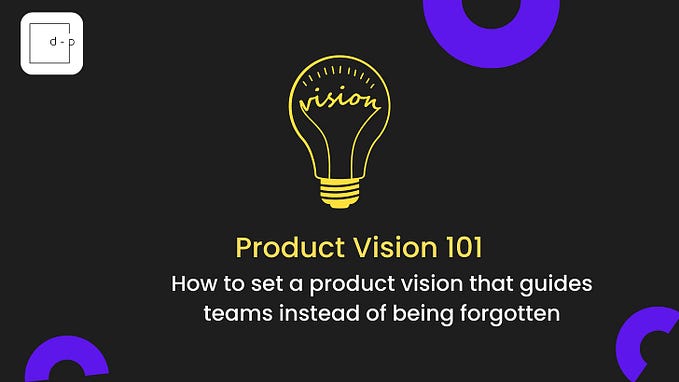A day in the life of a Research Ops Manager

In a user centered design ecosystem, one of the key supporters of a good design is user research. Zooming into the research ecosystem, one of the key supporters of research ecosystem is Research Operations. When I started my professional journey as a researcher I was excited to interact with users and fiddle with data but I realized it in my early days that a huge chunk of my time would be devoted to managing these research projects.
Project Management is an inseparable wing of user research which elevates the participant experience. In a way, ReOps Managers are responsible for “behind the scenes” acts for successful execution of any research project. As I notice more and more conversations around #WhatisResearchOps on the internet, I feel that more and more of my work is getting recognition.
In one of my recent jobs, I was wholly responsible for re ops at a research agency. I stepped away from actual research and completely delved into extending support to researchers. While these tasks vary for projects depending on the life cycle of the project, the tasks undertaken for operationalizing research also depends on the organization’s buy in into the research process (time and budget availability), the kind of research being conducted (qualitative, quantitative, online communities) and other resources available (user panel, vendors).
For a single product company, you may have to build a shared understanding of the requirements with researchers, designers, developers and so on. If you are handling operations on the supplier side, like I was, chances are that you would be handling multiple projects for various clients and supporting the entire research project life cycle at all stages. At a given time, I was handling 8–10 clients, addressing logistics and other operational needs with medium to high complexity.
Here is a sneak peak into the day in the life of a ReOps Manager. It is in no way an exhaustive list of roles and responsibilities of the person who does ReOps but a starting point to dig into re ops.
Any task of the research project could be broadly categorized into one of the three stages — research set-up, research in-field and research wrap-up. Let us assume the purpose of a research project is bought in and the objectives to be achieved are defined. Here is how a ReOps Manager further assists in research:
- Research Set-up
Once the budget is known and the requirements are collected from various stakeholders, then Re Ops focuses on these tasks:
- Setting Up a common and accessible space for all research related documents: this includes building a repository of questionnaires, discussion guides, concept cues, data tables, images and any other material, each and every version of these documents are critical
- Evaluating these documents: this includes scrubbing the questionnaires, editing the discussion guides, ensuring quality of images & concept prototypes
- Communicate with suppliers: if the research is taking place in multiple languages and multiple locations, there is a fair amount of coordination required between vendors such as translators, recruiting agencies, bilingual moderators, panel partners
- Sampling & Quota: this is largely decided by the person who does research, however, we need to keep an eye on filling with quotas without bias and following the sample requirements
2. Research In-field
This stage can also be referred to as data collection phase. Once you have successfully launched the research project, the next steps include monitoring the incoming data. It is imperative to see if the quotas are filling as initially set and if the data quality is maintained all through. Some of the ways of doing data quality checks include:
- If it is a survey, then all the questions are being answered and there is no loophole in survey link
- If there are open ended questions asked, then the verbatim recorded should not be gibberish, they should make sense
- If the user is expected to complete a task and record his thought process, then the voice should be clear to understand
- If a moderator is facilitating a discussion, then there should be no biases or directions in the questions asked
These are just a few of the simple techniques to make sure our data is well in place. A researcher wouldn’t be able to do much without a good quality data.
3. Research Wrap-up
Once we have gathered the required data, it is essential to close the loop with the stakeholders involved in this process. From users to vendors, the re ops takes care of smooth closure of projects:
- Incentivize the users: ensure that the users are paid well within the stipulated timeline, so that they feel valued for their time and effort
- Invoicing the vendors: translators, moderators, recruiters and venue administrators are some of the vendors that we engage with on an ongoing basis; most research projects require at least one of these services
- Delivery of data: researchers may require data in a certain format, sometimes it is tables or if it is open ended, it could be coding of verbatim, if it is qualitative data, it may be required to transcribe audio files. We have to ensure that data is delivered as desired (remember, the goal is to support the researchers!)
- Archiving & documentation: it is essential to protect and archive all the information pertaining to research projects such as consent forms, final data, budget tracking sheets, etc. This may later aid in making strategic decisions around the research process, to analyze inputs and outputs of research.
Scope of Research Ops
The person who does research may or may not be the same as the person who does research ops. A re ops guy may not have direct influence on strategic decision making, insight mining or data analysis, but (s)he is the one who makes projects happen. This person is still at the forefront of user interactions, bringing forth the challenges faced in conducting research and thus capable of improving the research capacity in any organization. If a sample is hard to achieve, then this person is thinking on his toes on how to improve recruitment. For sensitive topics of research such as accessibility, he is making sure that the user is comfortable during his interaction with researcher. And there are many more things where he is putting his attention to details. If this guy is doing things right, then the researchers are spending much more time on data!
If you just found out that your role as a researcher is a lot about the tasks mentioned in this article, then you are already wearing the hat of a research ops manager! I would like to know more about your experience with this role.







